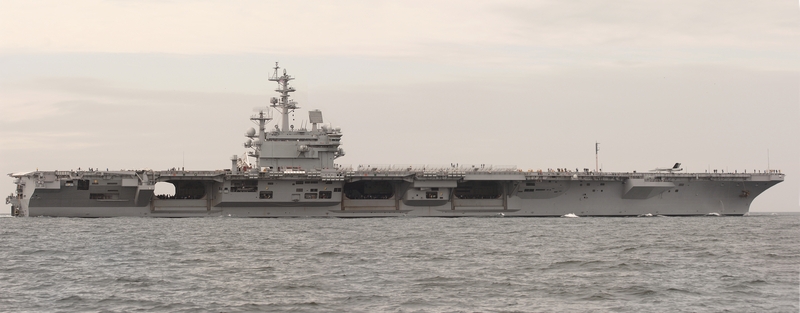
Time for Mr ESDP?
The EU's attempt to create a viable defence policy born of Franco British parentage at Saint Malo four years ago has, so far, made only limited progress. A dispute between the Greek and Turkish governments has held up an agreement that would allow the EU access to NATO assets, while European efforts to increase military capabilities have produced only meagre results.
At present, the European Security and Defence Policy (ESDP) is part of the portfolio of Javier Solana, who became High Representative for the Common Foreign and Security Policy in 1999. Solana has proven his worth, for example in helping to cajole EU member-states into common foreign policy positions, and in negotiating settlements in Macedonia, and Serbia and Montenegro. However, Solana has neither the time nor the resources to make a significant impact on European defence. National governments require both foreign ministers and defence ministers. Similarly, the EU member-states should give Solana a deputy to promote the ESDP.
Solana's deputy 'Mr ESDP' should manage the EU's military staff (now 120 strong) and sit on both the EU military committee (consisting of senior military officers) and the Political and Security Committee (consisting of national diplomats based in Brussels). In particular,
Mr ESDP should take on the crucial role of pushing for more effective military capabilities. He should press the member-states to meet their promised contributions towards the EU's equipment goals. Every year he should publish a progress report on the EU's military assets, and then name and shame those governments that fail to fulfil their commitments.
Mr ESDP should also chair regular meetings of the EU defence ministers. European defence ministers do already meet informally. However, the EU should create a formal council for defence ministers which would meet on a regular basis. This council would encourage peer group pressure among the defence ministers, and more generally help to educate national defence ministries in the workings of the EU.
Another role of Mr ESDP would be to manage the crucial relationship between the EU and NATO. Most of the EU's military operations are likely to depend on NATO assets, such as its military planners, for the foreseeable future. To ensure that NATO is willing and able to lend its assets when they are needed, Mr ESDP will need to establish close ties to the NATO secretary-general. When Solana is too busy to attend meetings of the NATO council, Mr ESDP should represent the EU. And during a crisis, when Solana may be engaged in heavy diplomacy with governments outside the EU, the member-states should not also expect him to ensure that military preparations are running smoothly. Mr ESDP would be the appropriate person to liaise with national defence ministries.
In the longer term, Mr ESDP should devote some time to improving European armaments co-operation. He could start by encouraging national governments to co-ordinate their spending on military research and development. He should work closely with NATO to encourage European governments to harmonise their requirements for military equipment, and in some cases to develop specialised roles. Also, Mr ESDP could help stimulate competition amongst defence suppliers by promoting a Europe-wide defence market.
Finally, part of the new job should be to assess the suitability of the EU's military doctrine and institutions for the challenges it faces. The so-called Petersberg tasks set the parameters for EU military missions, which range from humanitarian relief to ending regional conflicts. But in the years to come the EU may wish to develop the organisation and capabilities to combat threats like terrorism and the proliferation of weapons of mass destruction, which are not covered by the Petersberg tasks. Mr ESDP's job would be to make the case for change to the defence ministers.
Solana has proven effective, despite having few formal powers, because of his tact and skills in dealing with the EU foreign ministers. Similarly, Mr ESDP need not have any power vis-à-vis the defence ministers. But in order to be effective he would need ample experience of military matters, and the personality to command respect. Former defence ministers such as Alain Richard of France, or Michael Portillo of Britain, would be possible candidates. Javier Solana, along with EU foreign ministers, would still retain overall responsibility for the ESDP. But the creation of a Mr ESDP would lessen the workload of the already overburdened Solana, and help to strengthen the credibility of EU defence policy.
